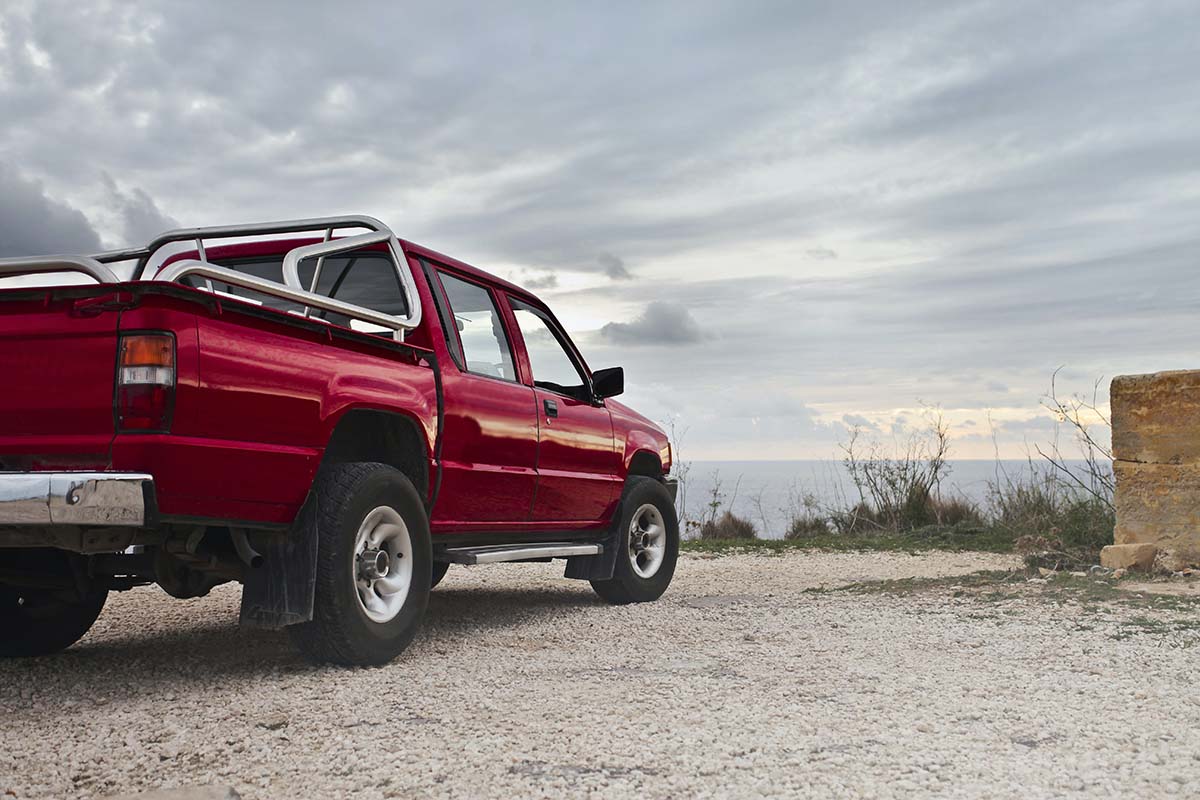Should You Get an Extended Warranty for Your Car?
Before buying a car, you would probably research which one to buy and how to finance and maintain it – after all, you’re committing to an expensive purchase.
While most buyers will put a lot of time and effort into their decision to buy a car, many don’t give the add-ons that come with it nearly as much consideration.
However, not knowing which add-ons to purchase and which ones to skip when you’re in the dealership’s financing office can end up costing you thousands of dollars.
One of the add-ons you’ll be offered is an extended auto warranty, but is it worth it? Although the answer depends on a few factors, this article will help you make a decision.
What is an Extended Warranty?
An extended warranty is an agreement to cover the cost of your car’s repairs after its manufacturer’s warranty is expired.
Although every provider and plan’s coverage is slightly different (for example, check out CarShield vs. Endurance), an extended warranty will not typically cover wear-and-tear and routine replacements such as tires and brake pads on your vehicle – but they will cover the cost of mechanical breakdowns.
Some plans also include extra benefits like 24-hour roadside assistance, trip interruption protection, and towing. Some plans will require you to pay a deductible before the coverage goes into effect, while others will kick in as soon as you begin paying your monthly premiums.
Essentially, an extended warranty is a way to ensure that you’re covered for unexpected repairs that you would not be able to afford otherwise.
Do You Need an Extended Warranty?
To determine whether an extended warranty would benefit you, consider whether you could put a large sum of cash down for repairs if one of your car’s major components were to fail after the manufacturer’s warranty has expired.
You probably don’t need an extended warranty if you have the means and discipline to put money toward an emergency car repair fund every month.
However, most people who purchase an extended warranty do so because paying for an expensive and unforeseen breakdown could jeopardize their ability to pay for other monthly expenses – like food, rent, and utilities.
A smaller payment for an extended warranty every month is much more manageable than fronting a large sum of cash.
The Bottom Line
When deciding to purchase an extended warranty, there are many resources to look at to help you make the right decision.
If you are not sure how reliable the car you’re purchasing is in the long term, you should look at customer reviews and direct your questions to people who own the same vehicle on dedicated online forums.
You should also think about how long you will keep your car for. If you plan to drive it for several years before selling or trading it in, purchasing an extended warranty is a way to protect your asset.
Whether you buy a new or used car, you should take your trusted mechanic with you to conduct a pre-purchase inspection.





















